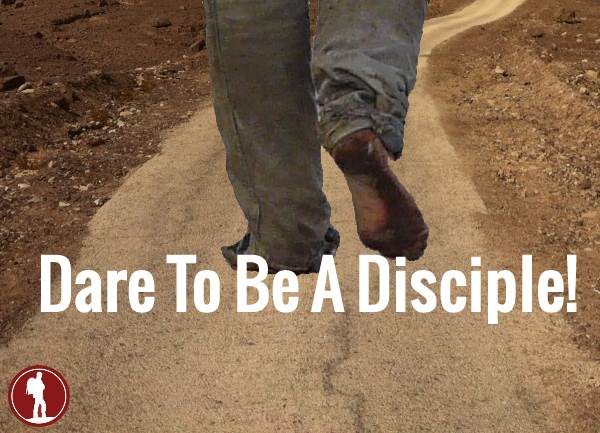If you were to ask a group of people in your circles or people you don’t know the question, “what is a Christian?” What would they say? Have you noticed that its a loaded question no matter who you ask, so really…what is a Christian?
Not sure about you but Christianity seems to be more of a label or a brand these days because so many people call themselves Christians. If asked the question, some would say, “What do you mean?” Some would say, “Yeah, but…” Some would say, “Hmmmm, no, but…” Some would say, “Of course I am, but I’m not like that group.” For some, you were raised a Christian or you became a Christian because you prayed a prayer. Most of have to qualify our response, don’t we?
I could go on and on, so I will.
How about these – you’re a Christian, because you were baptized or you’ve finished a class, or some sort of confirmation.
Some people hate anything to do with the word Christian. They would say that Christians are judgmental, homophobic moralists, [fill in the blank] who think they are the only ones going to heaven and secretly relish the fact that everyone else is going to hell.
What about all the denominations? You’re Catholic and you’re the church and anytime anybody mentions the church, you’re Catholic. The Protestants would disagree and might say something like this, “I don’t know about those other people, but we’re the church; we’re the true brand.” I mean, wars have been fought over this, so which brand of Christianity is the true brand?
Is it getting clear that we all have these different views or perspectives on what it is to be a Christian?
Lets pause and dial back the narrative here and figure out where word Christian come from.
Did you know that none of this is described in the Bible as Christian and the word Christian only appears a few times in the Bible. Mind blown!
The term Christian was actually used as a derogatory term by people outside of the Jesus community used to describe the followers of Jesus. The followers of Jesus never used it to describe themselves. Mind blown!
Give Acts chapter 11 a read, but I want to highlight verses 25 and 26.
Then Barnabas went to Tarsus to look for Saul, and when he found him, he brought him to Antioch. So for a whole year Barnabas and Saul met with the church and taught great numbers of people. The disciples were called Christians first at Antioch.
The term Christian was a label put on them.
Tacitus shares some history on this. Rome was destroyed by fire in July 64 by Nero himself. The emperor Nero was blamed by the Roman populace, and in turn blamed the Christians. Here is what Tacitus writes.
Consequently, to get rid of the report, Nero fastened the guilt and inflicted the most exquisite tortures on a class hated for their abominations, called ‘Christians’ by the populace.
The people coined this term, not the followers of Jesus.
So where does this leave us who call themselves Christians? Well, there is a term that is used consistently in the Bible to describe these followers of Jesus. Know what it is?
Its the term disciple and many of us find this word uncomfortable.
You can hide behind Christianity all you want, but the term disciple is clearly defined. Open the New Testament and start reading and you will see this word over and over again.
Disciple means a learner, a pupil, an apprentice or a follower. A disciple is looking to someone for guidance or direction – show me how to live my life.
So, are you a disciple or just a Christian? Are you a disciple of Jesus or just a Christian? Are you a follower of Jesus or a Christian?
Here is what Jesus shares about this.
“A new command I give you: Love one another. As I have loved you, so you must love one another. By this everyone will know that you are my disciples, if you love one another.” -John 13:34, 35
Could you imagine if we could just get this right? What would this world look like today?
We can all be Christians, but can we all be disciples?
Christianity seems more of a noun or an adjective, but a disciple – that’s a verb because it takes action. Dare to be a disciple!
Adapted from: Brand Recognition. by Andy Stanley.

